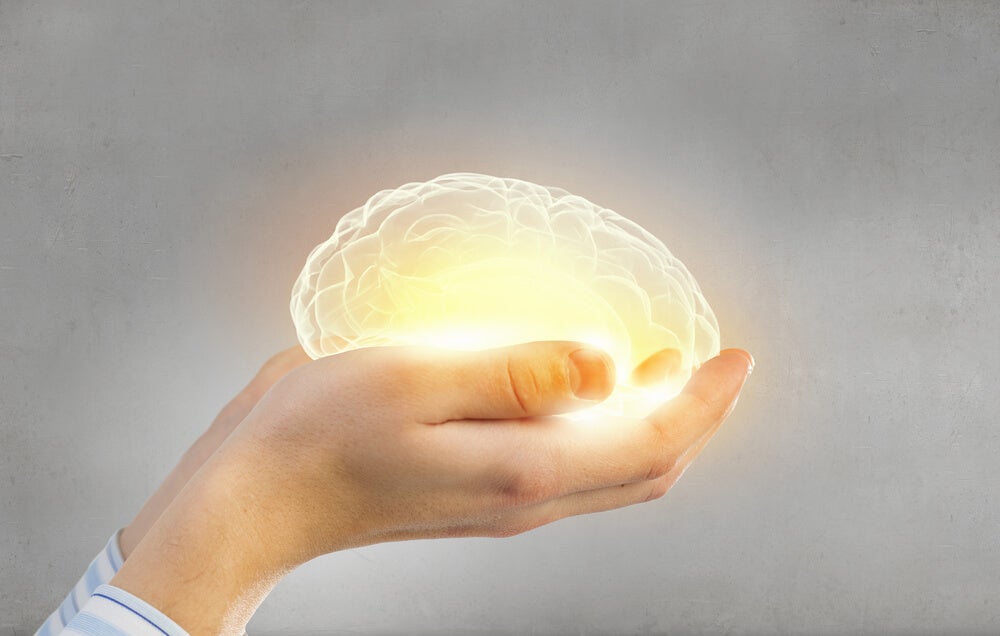According to the World Health Organization (WHO), “health is a state of complete physical, mental and social well-being, not just the absence of ailments or diseases”. To achieve or maintain this state, it is possible to use different strategy frameworks in different areas. One of these areas of knowledge and application is psychosocial intervention.
Before we go any further, we need to understand what psychosocial intervention is. According to Alvis (2009), psychosocial intervention is a process that aims to increase the development capacity of humans, families and communities.
It allows people to exercise control and power over their individual and social environment.
As a result, it increases people’s well-being and quality of life, empowering and empowering the individual with tools to address and solve problems and achieve changes in the social environment.
“The state of your life is nothing more than a reflection of the state of your mind. “Wayne Dyer?
As mentioned in Oramas, Santana and Vergara (2013), mental health is about learning reality and transforming it through the confrontation, management and integration of conflict resolution, both within and between the individual and his environment.
So when this learning is interrupted or not resolved, we can start talking about illness.
Other authors, such as River, in the same sense, state that “mental health is conceived as the ability to maintain dialectical and transformative relationships with the world, which resolve the internal contradictions of the individual and those of the individual with the social context. “(quoted in Oramas, Santana and Vergara. 2013).
According to WHO, mental health is defined as “a state of well-being in which the individual is aware of his or her own abilities, can cope with normal life tensions, can work productively and can contribute to their community. “
While people’s ability to deal with everyday conflicts and transform their reality is important, there are other factors that are critical to mental health:
However, healthy habits and prevention are critical to preventing mental illness. Mental illness is an emotional, cognitive and/or behavioral alteration in which basic psychological processes are affected.
Are any of these basic processes emotion, motivation, cognition, awareness, behavior?As a result, it is difficult for people to adapt to the cultural and social environment in which they live and creates a kind of subjective malaise.
Although mental illness remains a taboo topic in some areas, standardization predominates based on a shared idea: each of us is likely to develop a mental illness.
Therefore, it should not be forgotten that, as WHO says, one in four people suffer from a mental disorder throughout their lives.
Types of mental illness include
Psychosocial intervention is carried out through two interdependent contexts: psychology and social, so it is part of the individual taking into account the entire social environment around him and with which he interacts.
When intervening, it must be borne in mind that the role of primary care professionals is fundamental, in addition, this service is the closest and most accessible to all, so the reference professional will evaluate and refer the person.
It is true that coordinated action by different professionals is essential to achieve the objectives. Although drug treatment can be important, always prescribed by a professional, psychosocial intervention should also play an important role.
As stated in the Good Practice Guide for Intervention with People with Mental Illness (2016), this intervention must include social accompaniment, follow-up, follow-up and social reintegration, the main objective of its practice being to contribute to the autonomy of the person with mental illness.
In addition, attention to people must be individualized and personalized. We should consider:
While achievements in this area are very important, there is still a long way to go to talk about a global, tolerant and inclusive society with regard to mental illness or disorder.
For this and other reasons, is it important to “encourage” people who may need the help of a group of professionals, so that they know all that good psychosocial intervention can do.

